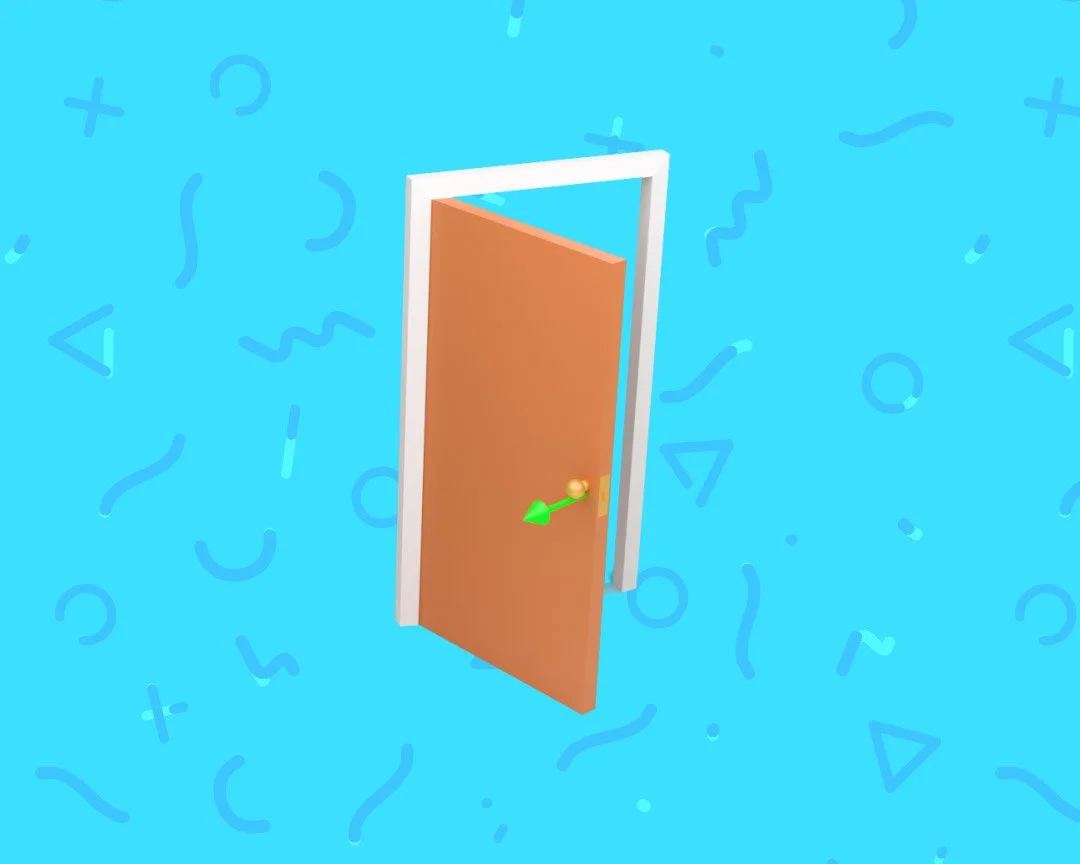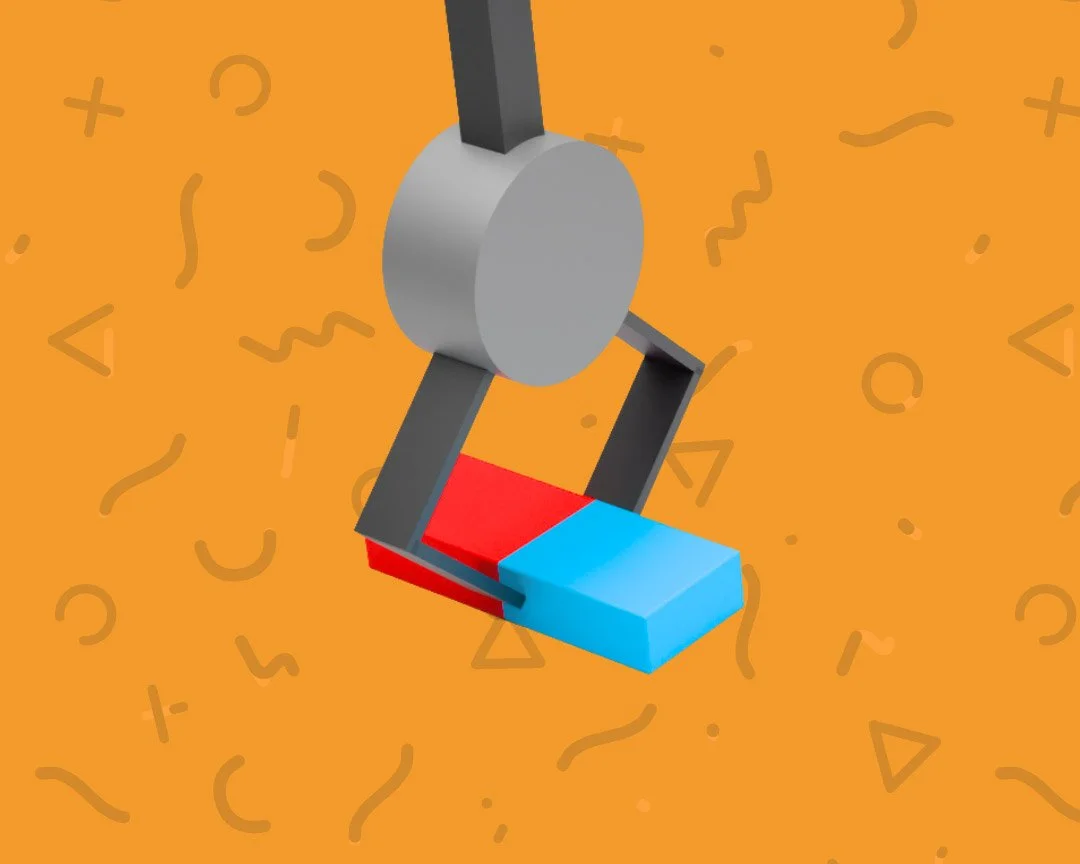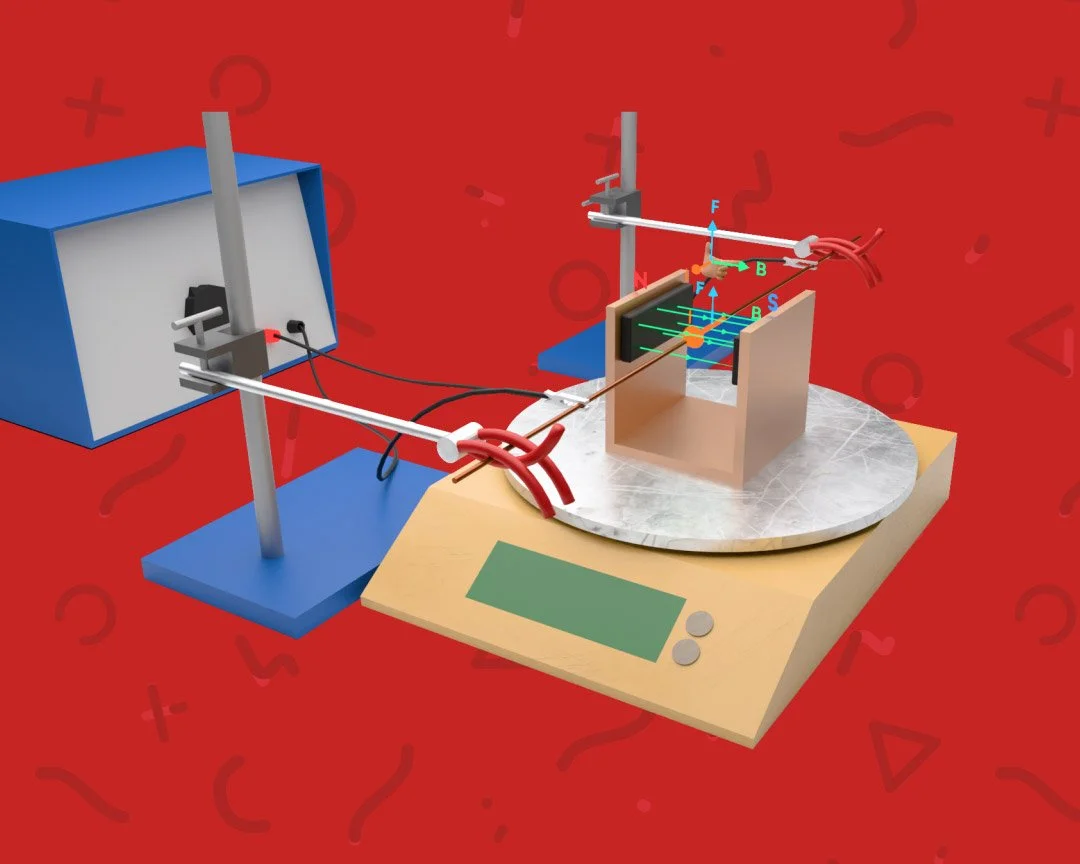Addressing Special Learning Needs
Guidance for parents with children who may require extra support or accommodations
Every child is unique, and some may require additional support to thrive academically. As a parent, understanding how to address special learning needs is crucial for creating an inclusive and supportive learning environment. In this guide, we'll explore effective strategies and resources available on GoPhysics.co.uk to assist parents in providing the best possible education for their child.
1. Open and Clear Communication:
Establish open communication channels with your child's teachers and educational professionals. Discuss your child's needs, preferences, and any accommodations they may require.
2. Identify Individual Learning Styles:
Recognise your child's preferred learning style, whether it's visual, auditory, kinesthetic, or a combination. This insight can guide how you approach their education.
3. Utilise GoPhysics Resources for Diverse Learning Needs:
GoPhysics.co.uk offers a range of resources, including video lessons, animations, flashcards, and in-built questions, designed to accommodate different learning styles and needs. These materials can be tailored to provide support where it's needed most.
4. Collaborate with Special Education Professionals:
Work closely with special education professionals, if applicable, to develop an Individualised Education Plan (IEP) or a tailored learning plan that addresses your child's specific needs.
5. Provide a Structured Learning Environment:
Establish a consistent routine and clear expectations. A structured environment helps children with special learning needs feel secure and focused.
6. Offer Multisensory Learning Opportunities:
Engage your child's senses through interactive activities, experiments, and hands-on experiences. This approach can enhance comprehension and retention.
7. Break Tasks into Manageable Steps:
Divide learning tasks into smaller, manageable steps. This approach prevents overwhelm and allows your child to focus on one concept at a time.
8. Incorporate Visual Aids and Technology:
Utilise visual aids, diagrams, and educational technology to reinforce concepts. GoPhysics.co.uk's resources include visual materials that can be invaluable for learners who benefit from visual support.
9. Encourage Self-Advocacy Skills:
Foster your child's ability to communicate their needs and preferences. Encourage them to express what strategies or accommodations work best for them.
10. Offer a Safe and Supportive Environment:
Create an environment where your child feels comfortable asking questions, seeking help, and expressing themselves without fear of judgment.
11. Celebrate Progress and Achievements:
Recognise and celebrate your child's achievements, no matter how small. Positive reinforcement boosts confidence and motivation.
12. Stay Informed and Seek Professional Guidance:
Stay updated on educational approaches and resources for children with special learning needs. Consult with specialists or support groups for additional guidance.
13. Practice Patience and Empathy:
Understand that progress may take time. Be patient with your child and offer reassurance and support as they navigate their educational journey.
By implementing these strategies and utilising the resources available on GoPhysics.co.uk, you're providing a strong foundation for your child's academic success, tailored to their unique learning needs.
For access to a comprehensive range of GCSE physics resources, including video lessons, animations, flashcards, and in-built questions, visit GoPhysics.co.uk. Your child's inclusive and supportive learning experience begins here!
We hope this guide helps parents address special learning needs effectively, using resources from GoPhysics.co.uk!
-





